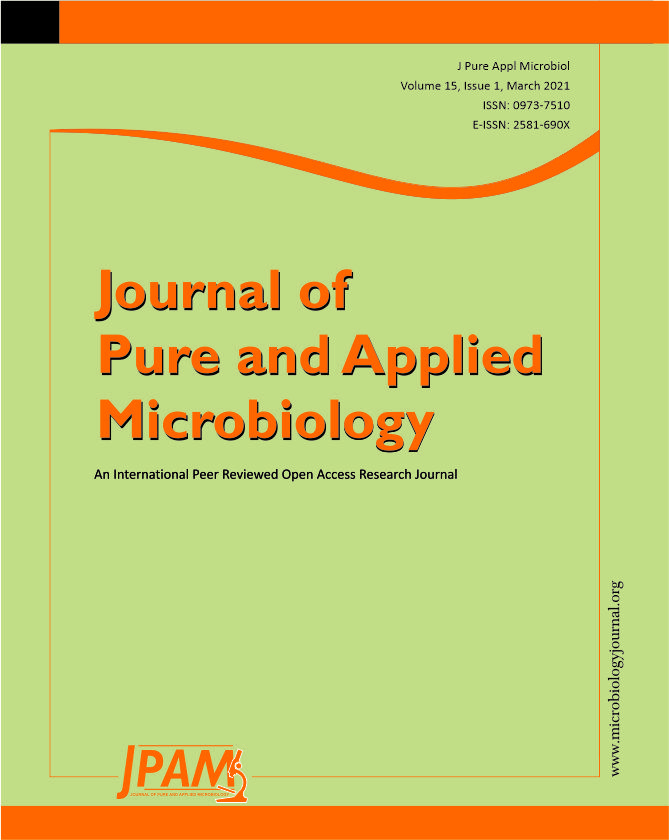Catheter-associated Urinary Tract Infection (CAUTI) is a common healthcare-related infection occurring in patients admitted for various ailments. Approximately 80% of hospital acquired Urinary Tract Infections (UTIs) are catheter associated. The purpose of the current research was to find out the level of knowledge, attitude and practice on prevention of CAUTI among healthcare professionals working in tertiary care hospital. A descriptive study was done among 95 health care working in tertiary care hospital in Chennai. The researchers administered standard questionnaire and statistically explored the knowledge, attitude, and practice levels about prevention of CAUTI among the participants. Among 95 participants, 28.4% and 71.6% of the individuals had moderately adequate knowledge and adequate knowledge about CAUTI. About 4.2% of the participants had unfavourable, 88.4% had moderately favourable and 7.4% had favourable attitude towards prevention of CAUTI. About 4.2% of the individuals had moderately adequate and 95.8% had adequate practice towards the prevention of CAUTI. There was significant correlation between attitude and practice. The professional experience of the participants showed statistically significant association with the level of practice among the demographic variables. In our present study, we found out that health care professionals had adequate knowledge, attitude, and practice on prevention of CAUTI. Medical education programs, frequent auditing with a checklist about catheter care must be conducted to maintain the achieved knowledge and practice levels.
Knowledge, Attitude, Practice, Health care professionals, CAUTI, Prevention
© The Author(s) 2021. Open Access. This article is distributed under the terms of the Creative Commons Attribution 4.0 International License which permits unrestricted use, sharing, distribution, and reproduction in any medium, provided you give appropriate credit to the original author(s) and the source, provide a link to the Creative Commons license, and indicate if changes were made.


